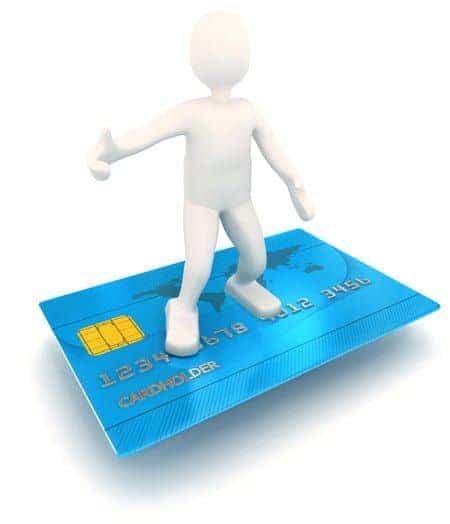 Credit cards can be confusing with so much talk about credit scores, APRs, and rewards. Here, we will discuss the seven deadly misunderstandings about credit cards, according to dailyfinance.com.
Credit cards can be confusing with so much talk about credit scores, APRs, and rewards. Here, we will discuss the seven deadly misunderstandings about credit cards, according to dailyfinance.com.
- I don’t have to worry about credit at my age.
For the most part, teenagers don’t have to worry about credit since they can’t open a credit card until they are 18 or 21 years of age. However, it is always a good idea to familiarize yourself with what credit is and why it is important for your future. Your credit score can help you get a loan with a low annual percentage rate (APR) or a credit card with a low APR. - All lenders offer the same rates.
Interest rates usually depend on your credit score, and not all financial institutions offer the same rates. For example, some financial institutions offer credit cards at 21% APR. (1st Nor Cal’s current loan rates: https://www.1stnorcalcu.org/loan-rates) - All credit cards are alike.
All credit cards are similar in that they allow people to purchase goods or services at any time and pay for them later. The differences are vast from one lender to another and include rates, credit limits, and the type of rewards you can earn by using the card. - It’s OK to just make the minimum payment on a credit card.
If you only make the minimum payment on your credit card each month, the balance will inevitably build up over time and it will become harder and harder to pay off your debt. You should only use a credit card if you know you can pay off the full balance within a short amount of time. - Paying late occasionally won’t hurt my credit.
Paying late will absolutely hurt your credit and your wallet! By paying late, you accumulate more interest, which is added to the amount due along with a late fee in most cases. Your financial institution will most likely report the defaulted loan, which will affect your credit score. In some cases, the APR will also be raised due to a late payment and you’ll be charged more interest each month. - Fine print isn’t important.
The fine print is actually the most important text on an advertisement or contact. Be sure to read the entire document and know the facts before you sign. - Young people don’t have credit scores.
This is, for the most part, true. There are two possible ways a teenager may have a credit score:- Their parents included “their child as joint account holder or list[ed] the child as an authorized user on one of their accounts”* or
- A family member could have used their SSN to get a loan or credit card, which is a mistake that should be corrected.
Here at 1st Nor Cal Credit Union, we want you to be knowledgeable about your finances and the pros and cons of having a Credit Card before you make the choice to open an account. If you do decide it’s the right option for you, be sure to check out our rates and rewards! Visit https://www.1stnorcalcu.org/loans/visa-credit-cards
Luis Dominguez
Student Social Media Intern
1st Nor Cal Credit Union
